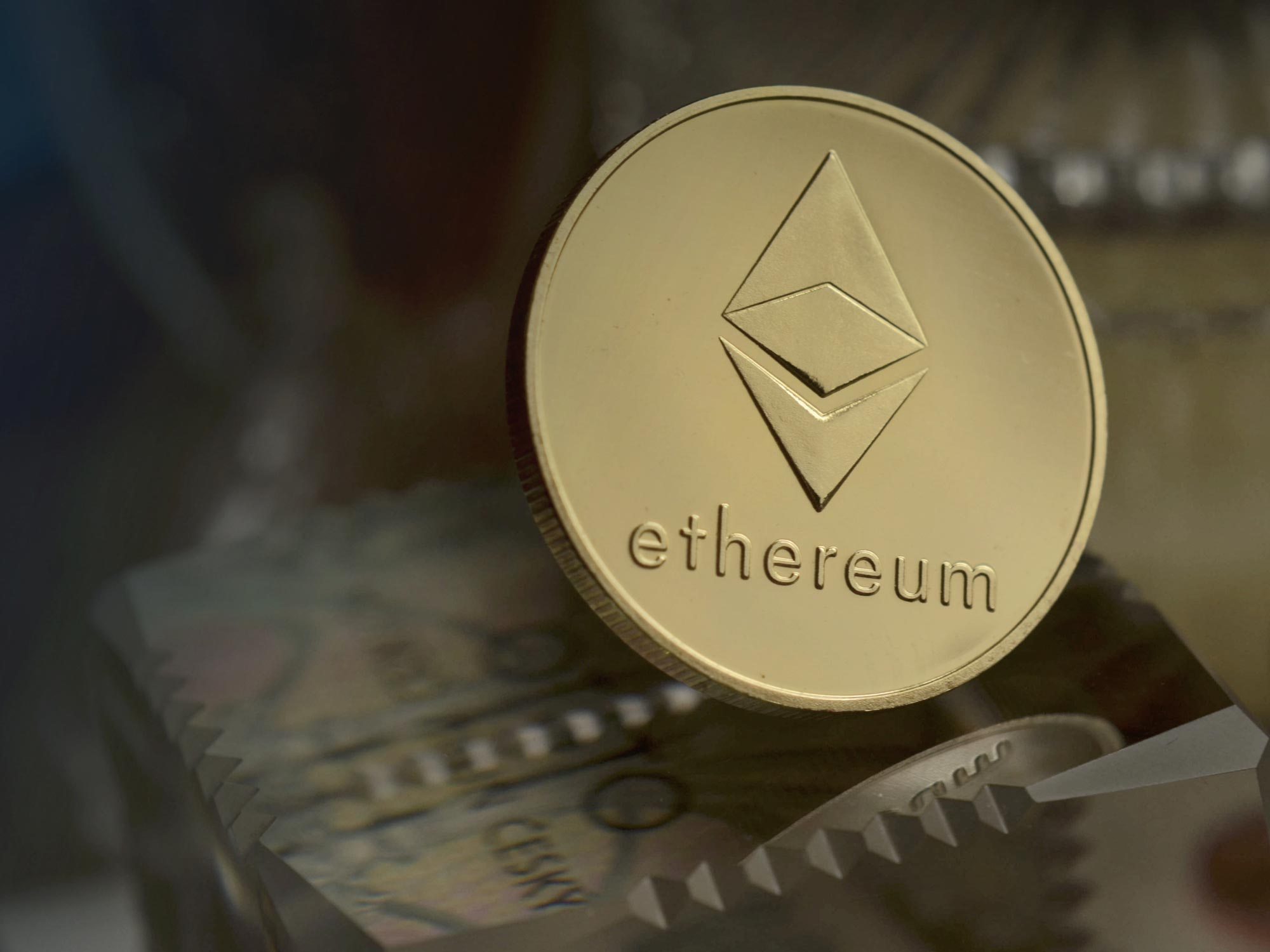Ethereum is a decentralized blockchain platform that establishes a peer-to-peer network that securely executes and verifies application code, called smart contracts. Ethereum is one of the oldest and most popular crypto projects. As of December 2021, it ranks #2 worldwide by market capitalization (~ 500m US Dollars). It was the first blockchain to incorporate programmable smart contracts.
Smart contracts allow participants to transact with each other without a trusted central authority. Transaction records are immutable, verifiable, and securely distributed across the network, giving participants full ownership and visibility into transaction data. Transactions are sent from and received by user-created Ethereum accounts. A sender must sign transactions and spend Ether, the native cryptocurrency of Ethereum, as a cost of processing transactions on the network.



